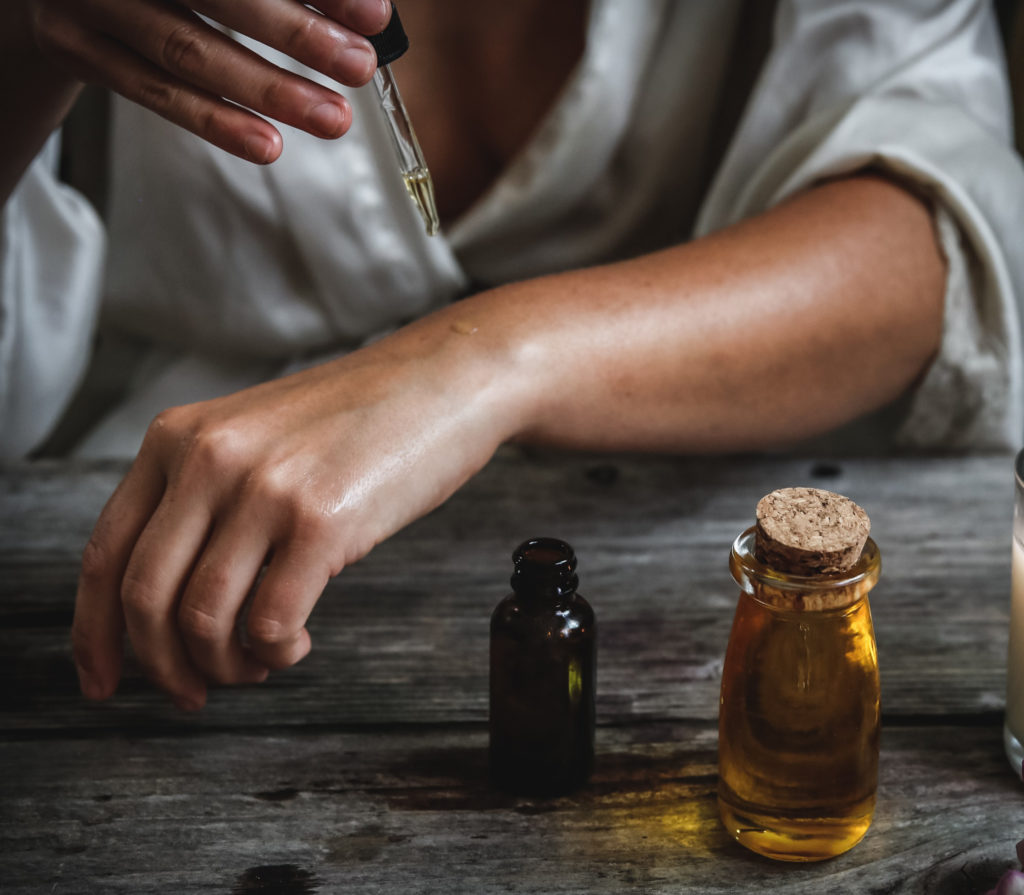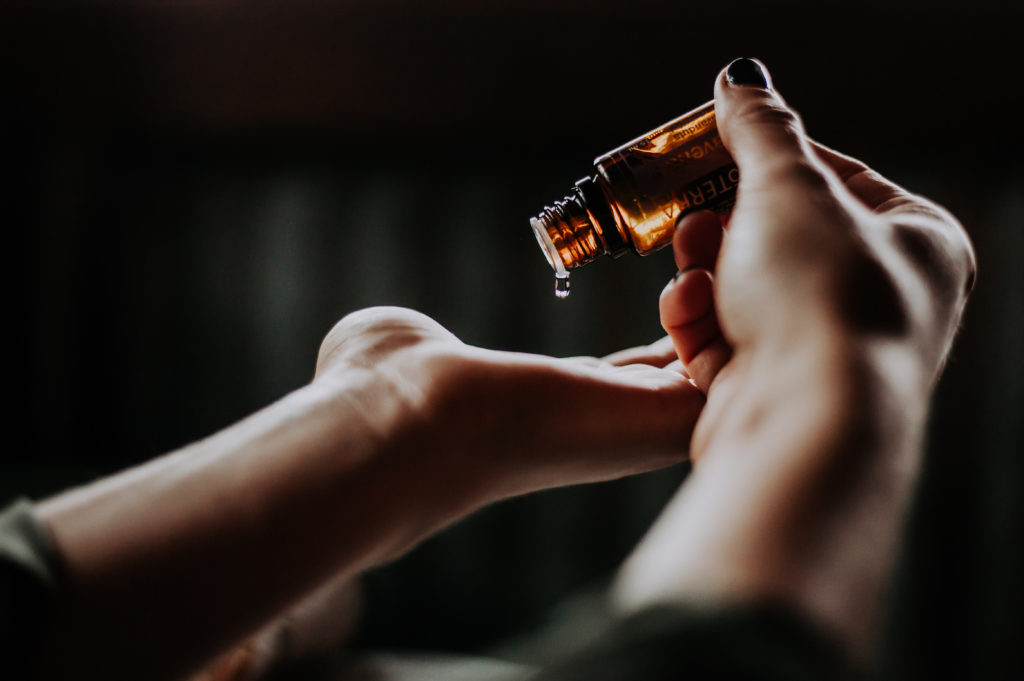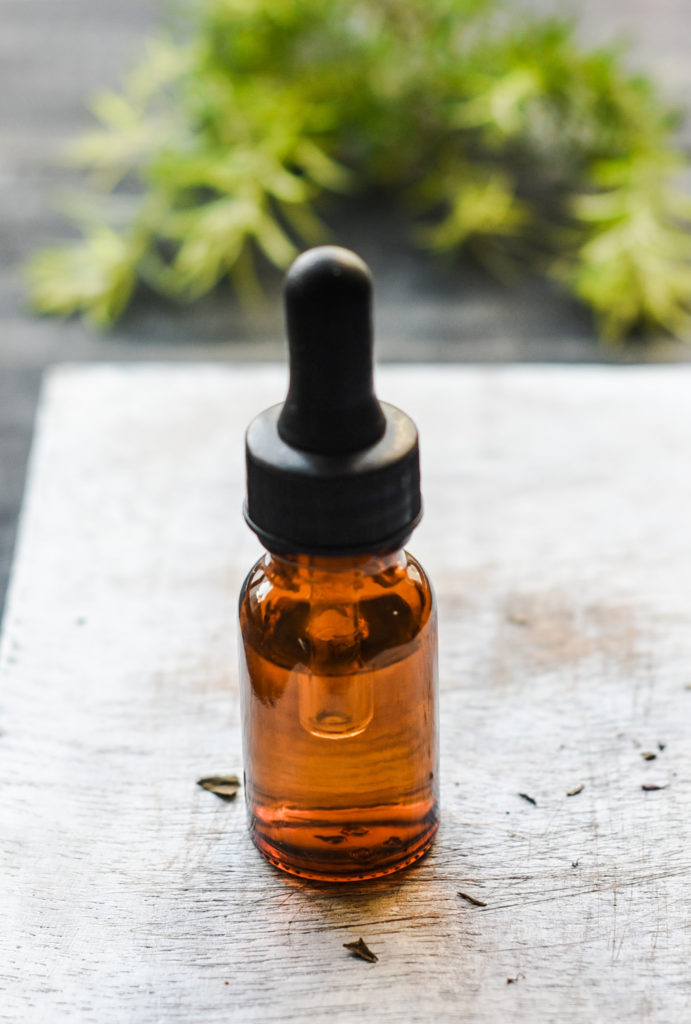New Florida rules have improved the chances of customers getting quality cannabinoid products.
Christina Oliva, an advanced nurse practitioner and co-owner, with her husband Mike Oliva, of Your CBD Store, which has locations in Ocala and Gainesville, recently had a customer bring in an expensive bottle of seed oil she bought elsewhere, wondering why it didn’t work. She had paid $300 for it, thinking she was getting CBD, a hemp-extracted cannabinoid that many people use to improve various health conditions.

“She could bake a chicken with it, but there is no therapeutic benefit to seed oil,” Oliva explains. “I ended up giving her a bottle for free,” she says of the CBD oil she gifted the confused customer.
Buying quality CBD hasn’t been easy, but that’s starting to change now that Florida has established some ground rules. The state began inspecting CBD retailers in January.
“Consumers can feel more reassured if they buy from a facility that we’ve already inspected,” says Holly Bell, director of cannabis for the Florida Department of Agriculture and Consumer Services. Inspected stores get no designation, so customers will need to ask about any designations. Your CBD Store in Ocala, which passed inspection, displays a whiteboard that reads: “We Passed!” Those who don’t pass inspection have 30 days to fix any problems.
If a store has a hemp permit, a $650 annual fee, it’s likely it has been inspected or will soon be inspected. Inspectors are ensuring products are labeled correctly and have no contaminants. The product must also match the label. Your CBD Store’s SunMed brand label shows all of the state-required information, including the lot number, expiration date, the retailer’s or manufacturer’s website, ingredients, a list of the main cannabinoids, the serving size and the quantity of CBD per serving.
Only CBD products that people and pets can ingest are regulated. Excluded are skin care and other cosmetic products.
CBD, short for cannabidiol, is one of the major active ingredients of the cannabis plant, which has two species: hemp and marijuana. Hemp-derived CBD has a minute amount of tetrahydrocannabinol (THC), the psychoactive ingredient found in medical marijuana.
 People use CBD for a variety of conditions, including anxiety, Parkinson’s, autism and relieving the pain and inflammation associated with autoimmune diseases such as rheumatoid arthritis and lupus. CBD comes in a variety of forms, including liquid, vapes, tinctures, pills and gummies.
People use CBD for a variety of conditions, including anxiety, Parkinson’s, autism and relieving the pain and inflammation associated with autoimmune diseases such as rheumatoid arthritis and lupus. CBD comes in a variety of forms, including liquid, vapes, tinctures, pills and gummies.
Though many people find relief with CBD, there are too few human clinical trials to verify CBD’s therapeutic efficacy, largely because cannabis has been illegal. CBD isn’t the only cannabinoid in cannabis that might have therapeutic value. Cannabinol (CBN) and cannabichromene (CBC) are among about 100 other cannabinoids that need more studies.
The 2014 and 2018 federal farm bills set the stage for nationwide CBD sales. Following federal law, Florida redefined hemp and marijuana based on a 0.3 percent THC cutoff. Hemp-derived CBD has less than 0.3 percent THC and is no longer a controlled substance.
Marijuana, with higher levels of THC, remains a controlled substance—illegal—despite many states, including Florida, legalizing it for medical use. The Florida Department of Health Office of Medical Marijuana Use oversees the medical marijuana program. If consumers find no relief with CBD, they may want to try medical marijuana through the state program. Qualifying conditions include cancer, multiple sclerosis and post-traumatic stress disorder.
Even though CBD sales are booming, it still occupies a legal gray area because the U.S. Food and Drug Administration (FDA) has not approved CBD as a food additive. The FDA has only approved one CBD drug—Epidiolex. Approved in 2018, it’s used to treat people with rare and severe forms of epilepsy that don’t respond to seizure medications.
While regulations will help prevent customers from buying phony and lesser quality products, choosing a CBD product still requires consumers to do their homework, Bell says. To understand the science behind CBD, Bell recommends The Scientist, a YouTube documentary about Raphael Mechoulam, an Israeli chemist who has been studying cannabis for more than 50 years.
 Consumers will need to determine, through their own research, the therapeutic dose for their condition. They will likely need to experiment with dosages. Some organizations and patient advocates offer guidance online. The Arthritis Foundation, for example, recently released CBD guidance for its audience and urged the FDA to study and regulate CBD.
Consumers will need to determine, through their own research, the therapeutic dose for their condition. They will likely need to experiment with dosages. Some organizations and patient advocates offer guidance online. The Arthritis Foundation, for example, recently released CBD guidance for its audience and urged the FDA to study and regulate CBD.
One important thing to note is that CBD may interact with other drugs, supplements and herbs, so it’s best to get a doctor’s advice.
Getting asked about CBD is routine for Dr. Rafael Rosa, a family physician in Ocala. He has been educating himself on the therapeutic uses of CBD and marijuana. He says they appear to be beneficial for certain conditions, but he has concerns about determining the proper dosage and which conditions can be effectively treated using these products and therapies.
“What it’s telling me is we need to open the doors for more trials to see how it works for the patients,” Dr. Rosa asserts.
Until then, some due diligence and careful checking of labels and inspection records by consumers is suggested before shelling out big bucks on products that may not produce the big results you may be seeking.
For more information visit the following websites: www.knowthefactsmmj.com and www.fdacs.gov/Cannabis-Hemp






